After wisdom teeth removal, opt for soft, nutrient-rich foods like Greek yogurt, scrambled eggs, and mashed potatoes. These choices aid in healing and are gentle on your gums. Gradually shift to softer solid foods such as oatmeal and cooked chicken. Nutrient-dense options like bone broth and eggs promote quicker recovery. Make sure you’re receiving essential nutrients like vitamin C and protein for tissue repair. Following your dentist’s food guidelines helps facilitate the change. Prioritize comfort and healing by choosing wise food options. Discover more helpful tips for your post-wisdom teeth removal diet.
Suitable Foods for Initial Recovery Phase
During the initial recovery phase after wisdom teeth removal, it is crucial to focus on nourishing your body with soft, nutrient-rich foods that aid in healing and hydration. Opt for Greek yogurt, bone broth, scrambled eggs, and mashed potatoes to promote wound healing and provide essential nutrients.
These foods are easy to consume and gentle on your healing gums, ensuring you stay nourished during this critical phase post-surgery.
Transitioning to Soft Solid Foods
When shifting to soft solid foods after wisdom teeth extraction, contemplate incorporating gentle choices such as scrambled eggs, oatmeal, and thoroughly cooked chicken around days 3-5 post-operation. Progressing gradually aids in assessing comfort levels and avoids irritation.
Your pain threshold and chewing capability will lead you from soft to solid foods. Adhering to your dentist’s food advancement guidelines guarantees a smooth shift and fosters ideal healing.
Importance of Nutrient-Rich Options
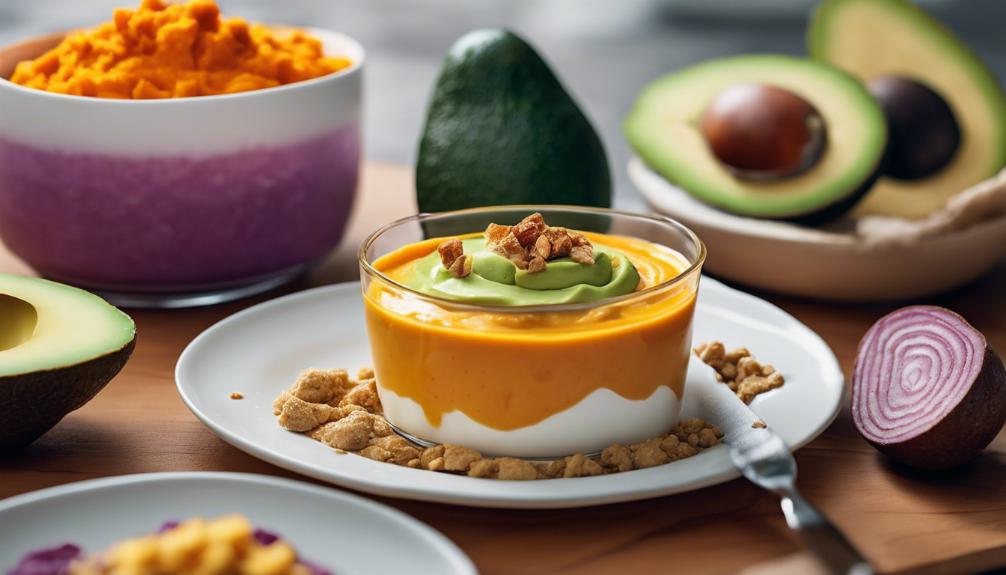
Opting for nutrient-rich foods after wisdom teeth removal is important for your healing journey. These foods play a significant role in tissue repair, immune support, and overall recovery post-surgery.
Choosing a balanced diet filled with essential nutrients like vitamin C and protein can expedite your healing process and reduce the risk of complications.
Nutrient-Dense Post-Surgery Foods
For ideal healing and recovery after wisdom teeth removal, prioritize incorporating nutrient-dense foods into your post-surgery diet.
- Yogurt: Rich in essential proteins and probiotics for healing.
- Bone broth: Provides vitamins and minerals essential for recovery.
- Scrambled eggs: Packed with nutrients aiding in wound healing.
These options support balanced nutrition, ensuring faster healing while being soft-textured for comfort during post-surgery recovery.
Quick Healing Through Nutrition
Prioritizing nutrient-rich options in your diet accelerates the healing process after wisdom teeth removal. Foods like yogurt, bone broth, and scrambled eggs aid in tissue repair and boost immune function.
Essential nutrients such as vitamins A, C, and zinc play crucial roles in promoting healing and reducing infection risks. Opting for balanced nutrition post-extraction greatly lowers the chances of complications like dry socket and infections, aiding in a speedy recovery.
Balanced Diet Aids Recovery
Enhance your recovery after wisdom teeth removal by choosing nutrient-rich options that support tissue repair and immune function.
1) Include vitamin C to assist in healing and reduce infection risks.
2) Guarantee a sufficient intake of protein for tissue regeneration.
3) Select a balanced diet to minimize swelling and decrease the likelihood of post-operative complications.
Following dietary guidelines diligently will improve your comfort and promote peak healing post-surgery.
Foods to Soothe Discomfort
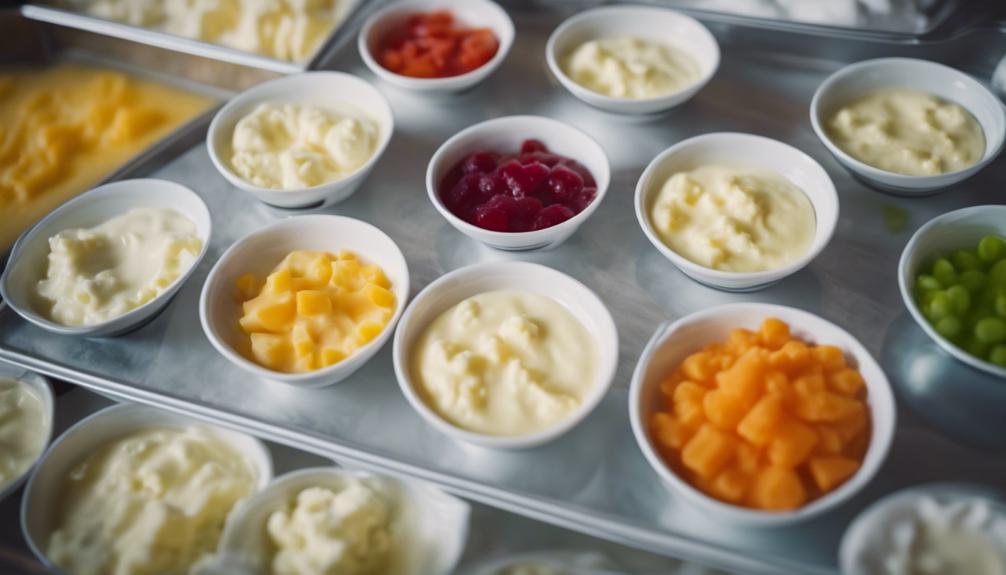
To alleviate discomfort after wisdom teeth removal, consider incorporating soft foods like mashed potatoes and yogurt into your diet. Nutrient-rich options such as bone broth can aid in healing and provide anti-inflammatory benefits, helping with discomfort relief.
Blended soups like tomato and pumpkin are gentle on healing extraction sites, while Greek yogurt and scrambled eggs offer proteins and minerals that promote wound healing and soothe discomfort.
Foods to Avoid for Healing
Steer clear of spicy, acidic, and hot foods to prevent irritation and discomfort in the extraction site. To aid in healing after wisdom teeth removal, avoid:
- Crunchy, hard, or chewy foods that can disrupt the healing process.
- Alcohol and tobacco products to reduce the risk of complications.
- Grains, seeds, nuts, and small particles that may get stuck in the extraction site, causing irritation.
Hydration and Oral Care Tips
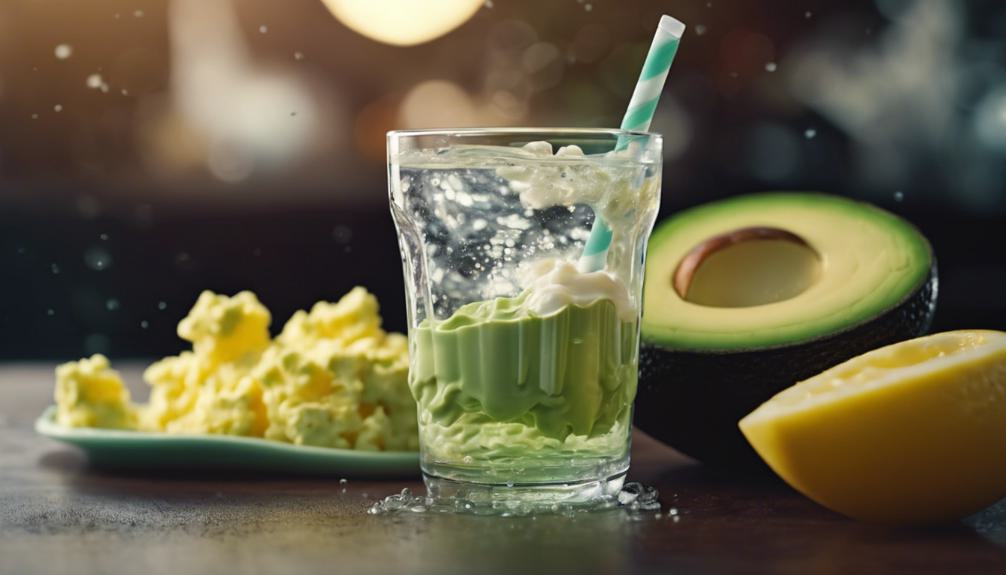
Ensuring proper hydration and maintaining good oral care practices are essential for a smooth recovery following wisdom teeth removal. Drinking water regularly aids in healing by flushing out bacteria and reducing infection risk. Avoid straws as they can dislodge blood clots, leading to complications like dry socket.
Practice gentle oral hygiene, including saltwater rinses, to promote healing and prevent infections. Staying hydrated and prioritizing oral care are critical post-removal care steps.
Consulting With Your Oral Surgeon
When it pertains to your diet after wisdom teeth extraction, seeking guidance from your oral surgeon is pivotal. Your oral surgeon will offer precise dietary suggestions customized to your recovery progress.
Surgeons Dietary Recommendations
During your post-wisdom teeth removal recovery, seeking advice from your oral surgeon for dietary recommendations is essential for ideal healing and comfort.
- Your oral surgeon will provide specific dietary recommendations tailored to your individual case post-wisdom teeth removal.
- Surgeons may advise starting with a liquid diet and gradually progressing to soft and then solid foods based on your healing progress.
- Recommendations may include avoiding certain foods that can disrupt healing or cause discomfort in the extraction sites.
Timing of Consultations
Before and after your wisdom teeth removal, consulting with your oral surgeon is crucial for personalized advice and proper guidance on your recovery journey. These consultations cover post-operative care, the healing process, pain management, diet progression, oral hygiene, and any potential complications.
Regular check-ins with your oral surgeon guarantee a well-managed recovery plan, promoting ideal healing and minimizing risks throughout your post-surgery period.
Frequently Asked Questions
What Foods Can I Start Eating After Wisdom Teeth Removal?
After wisdom teeth removal, start with liquids like broths and smoothies for 24 hours. Progress to soft foods like mashed potatoes and yogurt on days 2-3. By day 4, try semi-soft options like scrambled eggs. Avoid hard foods to aid recovery.
What Fast Food Can You Eat After Wisdom Teeth Removal?
After wisdom teeth removal, opt for soft fast food options like mashed potatoes, smoothies, and yogurt. Choose gentle items that won’t irritate your gums. Avoid crunchy or chewy foods to prevent discomfort and aid in healing.
When Can I Stop Worrying About Food Getting Stuck in Wisdom Teeth Holes?
You can stop worrying about food getting stuck in wisdom teeth holes once your extraction sites fully heal, usually within a couple of weeks. Follow post-treatment guidelines, rinse gently, and maintain good oral hygiene to prevent complications.
Can I Eat Chicken Noodle Soup After Wisdom Teeth Removal?
You can enjoy comforting chicken noodle soup after wisdom teeth removal. The soft noodles and gentle broth provide hydration and essential nutrients for healing. Opt for low-sodium options to promote recovery and avoid irritation to the extraction sites.
Conclusion
In conclusion, selecting the right foods after wisdom teeth removal is essential for a smooth recovery process. Stick to soft, nutrient-rich options like smoothies, soups, and mashed potatoes to promote healing and avoid discomfort.
Remember to stay hydrated and maintain good oral hygiene for the best recovery. If in doubt, always consult with your oral surgeon for personalized advice tailored to your specific needs.
Take care of yourself and your healing process will be a breeze!




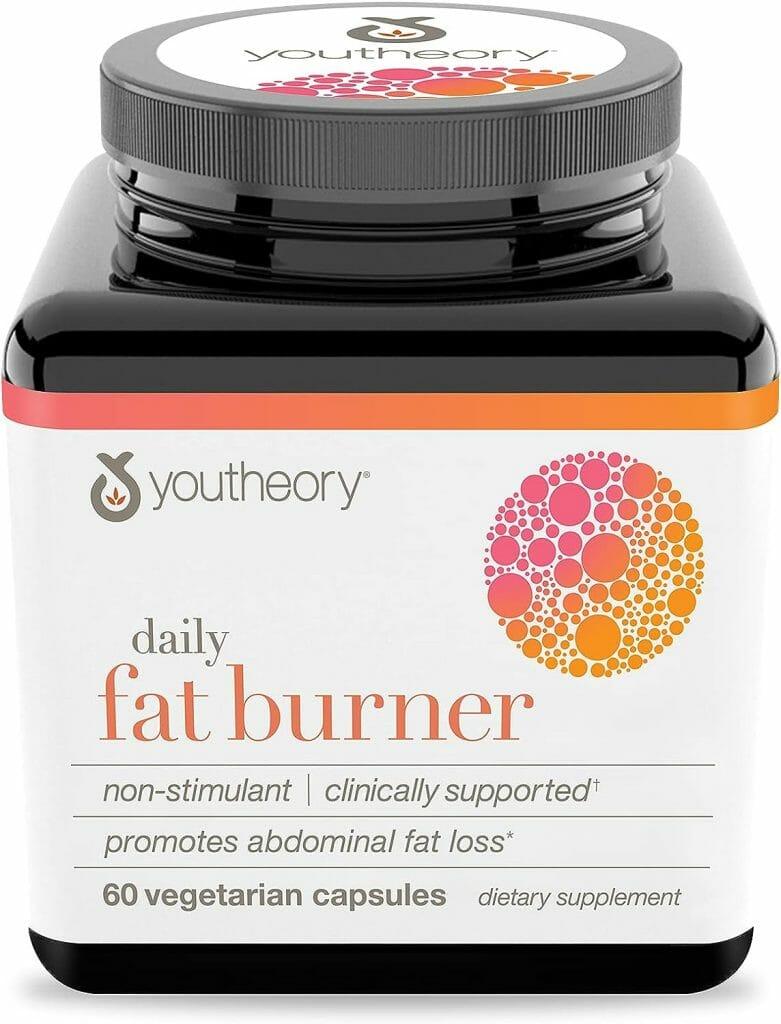


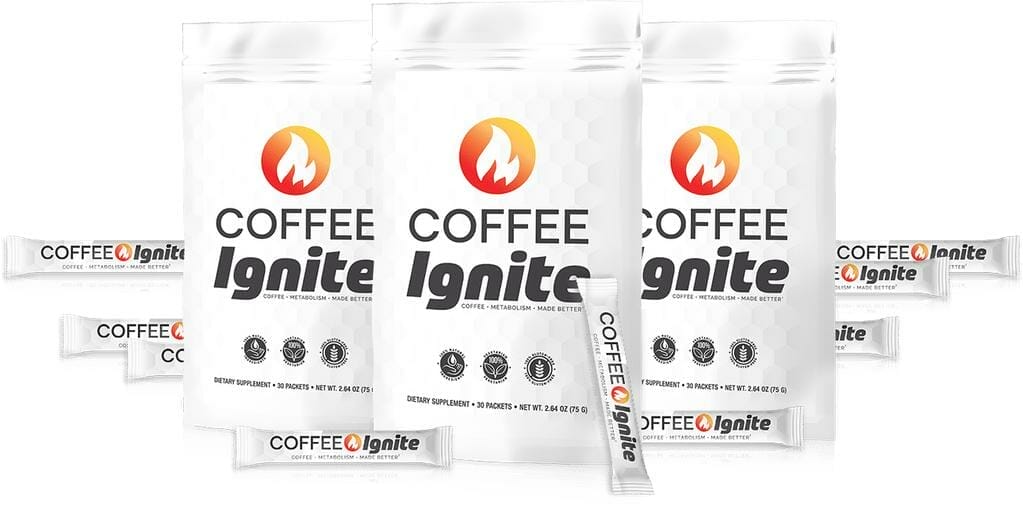
Leave a Reply
You must be logged in to post a comment.